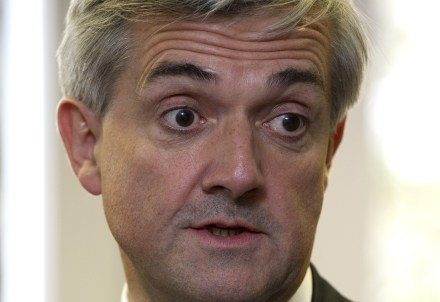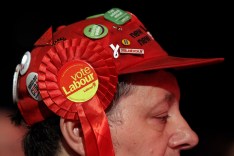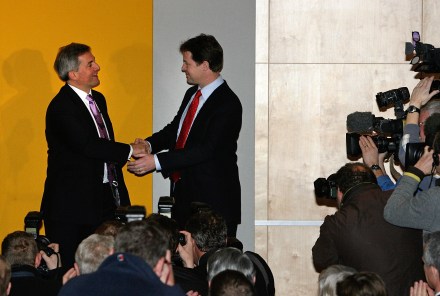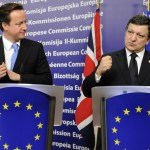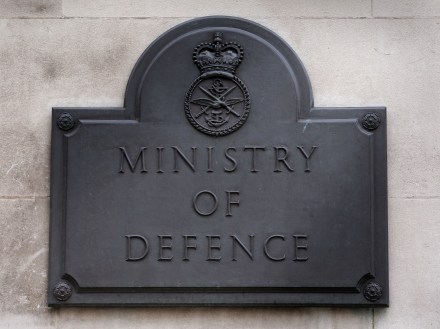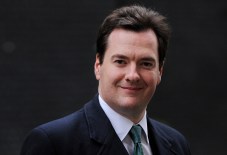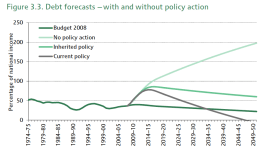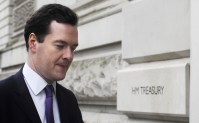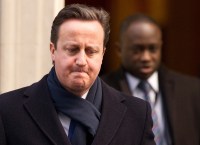What Huhne’s case means for the Lib Dems
The biggest danger for the Liberal Democrats from this coming trial is that it turns the party into the butt of everybody’s jokes. Having gone into government and lost much of their original support by taking tough decisions, they have consoled themselves with the hope that they have now established themselves as a serious political party. Their aim at the next election will be to present themselves as a credible party of government who will make the Tories more compassionate and Labour more fiscally responsible. But at the top party they are aware that there is a danger that a trial of Chris Huhne and his ex-wife Vicky Pryce
